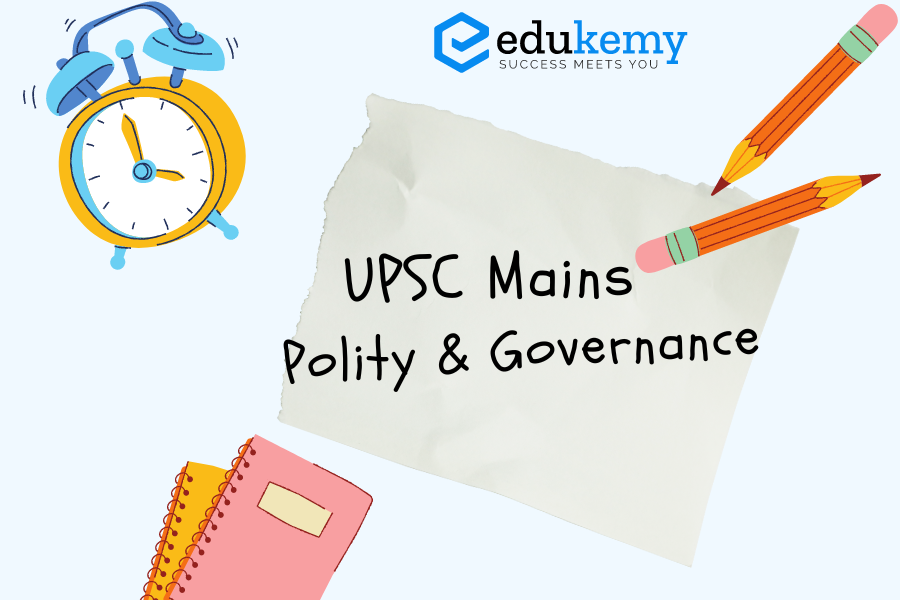
Introduction:
Article 1 of the Constitution classifies Indian territories into states, union territories, and potential acquisitions. Presently, India has 28 states and 8 union territories, where states enjoy shared power in the federal system, while union territories are centrally administered.
Body:
Creation of Union Territories:
- Political and Administrative Considerations: Certain regions, including Delhi and Chandigarh, are strategically designated as union territories to shield them from state-level politics, ensuring security and administrative efficiency.
- Cultural Distinctiveness: Parts of India, such as Puducherry, Dadra and Nagar Haveli, and Daman and Diu, exhibit unique cultures, justifying their union territory status.
- Strategic Importance: Areas like the Andaman and Nicobar Islands and Lakshadweep hold strategic significance in fulfilling foreign policy objectives.
- Welfare of Backward and Tribal Populations: Some tribal populations in Mizoram, Manipur, and Tripura attained statehood due to distinct living patterns and cultures.
Special Provisions for the UT of Delhi:
- Constitutional Amendments: The 69th Constitutional Amendment Act of 1991 conferred special status on Delhi as the National Capital Territory. It established a legislative assembly and council of ministers.
- Legislative Powers: Delhi’s assembly, comprising 70 members, holds legislative authority over State List and Concurrent List subjects, except for public order, police, and land.
- Appointment and Discretionary Powers: The Chief Minister and council of ministers are appointed by the President, not the LG. In disagreements, the matter is referred to the President for resolution.
Arguments Against Delhi’s Full Statehood:
- Security Concerns: Given Delhi’s significance as a security target, central government responsibility for safety and law enforcement is crucial.
- Administrative Overlap: Delhi’s current complex administrative division may worsen with full statehood, leading to governance confusion.
- Financial Implications: Transitioning to full statehood may impact Delhi’s fiscal stability, heavily reliant on substantial central support.
- Impact on Federal Structure: Full statehood for Delhi could disrupt the federal balance by shifting significant powers and resources from the central government.
- Accountability and Governance: Active central government involvement ensures accountability. Full statehood might lead to conflicts affecting governance and service delivery.
- Implications for Policing: Law and order currently under the central government may politicize the police force if transferred to a state government.
- Infrastructure and Development: Delhi’s unique status facilitates access to central and state resources for infrastructure development, potentially disrupted by full statehood.
Arguments in Favor of Delhi’s Full Statehood:
- Law and Order Maintenance: Lack of control over the police creates challenges for the Delhi Government in maintaining law and order.
- Local Governance: Full statehood allows more local control and representation, empowering residents to shape policies and priorities under state governance.
- Enhanced Accountability: Direct responsibility of elected state leaders ensures increased accountability in addressing residents’ needs.
- Efficient Decision-Making: State government can swiftly act on local issues without central government approvals, improving governance and problem-solving.
- Resource Allocation: Full statehood grants Delhi greater control over finances and resource allocation, aligning spending with local needs.
- Customized Policies: Tailoring policies to Delhi’s specific requirements, addressing issues like air pollution, transportation, housing, water, and electricity, become more effective under state governance.
Conclusion:
While conflicts persist between the central and Delhi administrations, a gradual transfer of responsibilities is preferable to granting full statehood. Prioritizing the interests of Delhi’s residents and all of India’s citizens while minimizing the chances of conflicts should guide this approach.

In case you still have your doubts, contact us on 9811333901.
For UPSC Prelims Resources, Click here
For Daily Updates and Study Material:
Join our Telegram Channel – Edukemy for IAS
- 1. Learn through Videos – here
- 2. Be Exam Ready by Practicing Daily MCQs – here
- 3. Daily Newsletter – Get all your Current Affairs Covered – here
- 4. Mains Answer Writing Practice – here

